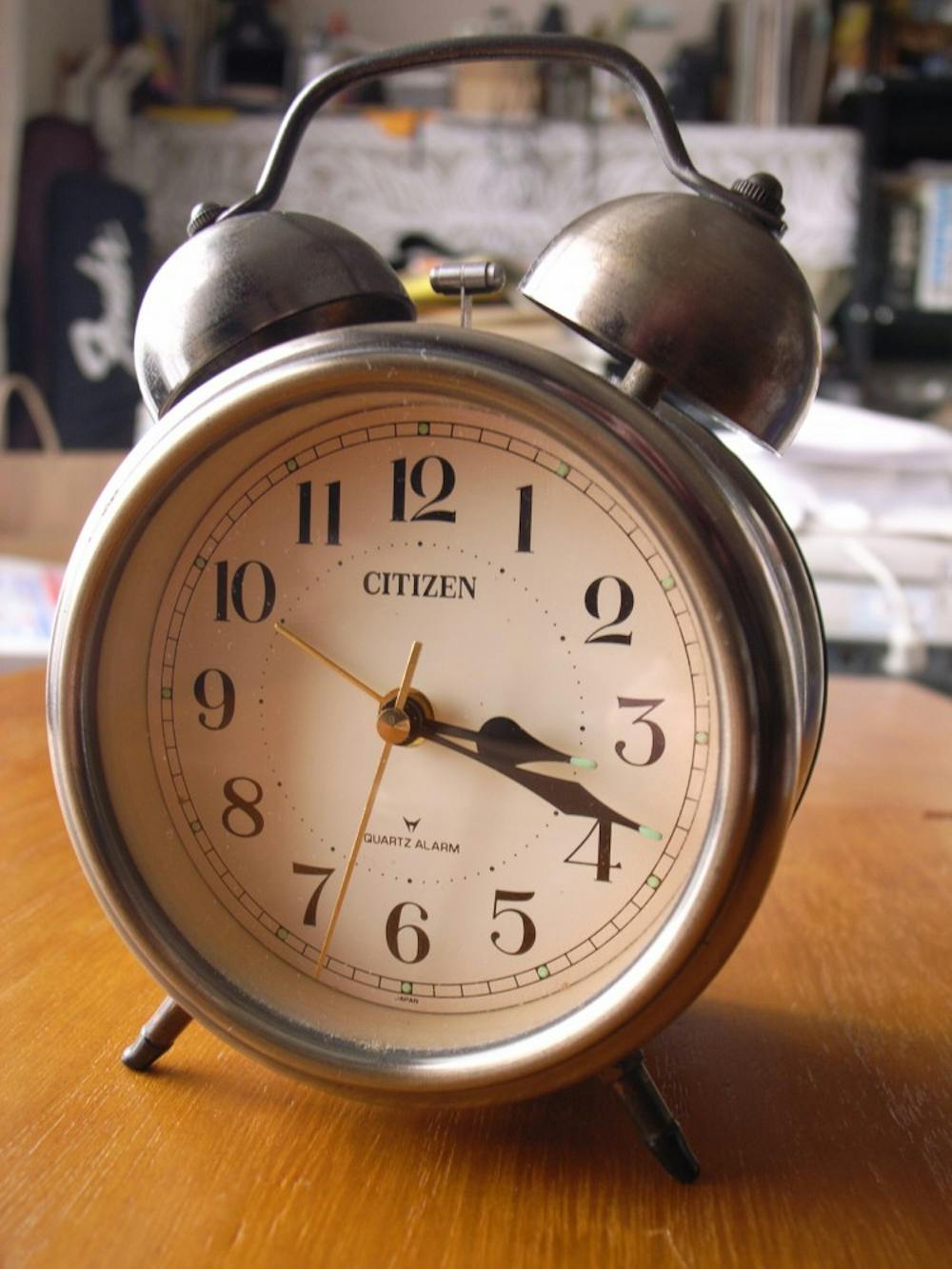
Photo by Toshiyuki IMAI // CC BY-SA 2.0
The end of Daylight Saving Time, which this year is on Nov. 5, is linked to a short-term increase in assault rates, according to a Penn study published recently in the Journal of Experimental Criminology.
On the Monday following the end of Daylight Saving Time, the average assault rate is 2.8 percent higher than the Monday a week later. The study was conducted by fourth-year criminology graduate student Rebecca Umbach, professor Adrian Raine and associate professor Greg Ridgeway.
“Sleep problems have previously been associated with increased antisocial and criminal behavior, so we were surprised to find that increased sleep was associated with increased offending,” Raine told Penn Current, a University news site.
The researchers based their conclusions off of National Incidence Based Reporting System data and city-reported crime data gathered from Philadelphia, Chicago, Los Angeles and New York from 2001 through 2014. The research also showed a percentage decrease linked to the clock shift in the spring.
The researchers said they were surprised by the results because poor sleep is often linked to antisocial and criminal behavior.
Ridgeway told The Philadelphia Inquirer that he believes the decrease in assault rates in the spring is more likely linked to the Daylight Saving Time shift, while the increase in assault rates seen in the fall may be caused by other factors.
The Daily Pennsylvanian is an independent, student-run newspaper. Please consider making a donation to support the coverage that shapes the University. Your generosity ensures a future of strong journalism at Penn.
Donate






